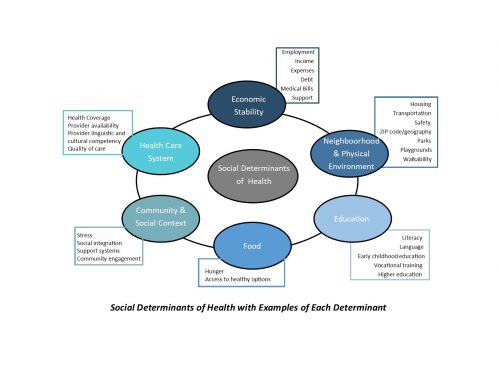TALKING TO PATIENTS ABOUT SENSITIVE TOPICS
As the opioid epidemic and its aftermath continues to run its course, the federal government is beginning to take notice and more importantly, action. At the National Prescription Drug Abuse and Heroin Summit last week in Atlanta a surprise visitor, President Obama attended and participated in a panel discussion.
The CDC has also finalized their Guidelines for prescribing opioids for chronic pain, and there are more and more resources out there for medical schools to train student doctors and for current practicing physicians. These are all much needed interventions, but there is so much more to accomplish! Currently we case managers “in the trenches” are dealing with physicians and injured workers who are caught up in this problem and we need to be able to discuss hard issues with both parties.
One of the resources I recently came upon is a discussion on how to talk to patients about sensitive topics. I am gearing the information in this article towards your discussion re: opioid and other drug use, but this can be utilized in discussing a variety of topics with your injured worker or perhaps one of your own family members.
Goal: learn communication techniques that decrease patient and physician anxiety and increase the accuracy and specificity of patient self-report about sensitive topics and basic screening protocols for assessing alcohol/drug use and concerns. Examine your history taking skill set and work to add key questions that will assist in screening for these sensitive topic areas
Don’t focus as much on “what” to ask, but the “how” of asking questions.
Three factors that affect reliability and validity of patient self-report:
1.Your own anxiety to talk about certain topics – what might be the cause of your own anxiety? How could it affect your ability? It may result in avoidance of inquiry about these topics.
2.The patient’s anxiety to talk about certain topics – Common worries: embarrassment, being judged, topics rarely discussed, confidentiality, relevance to care. Can you think of an example?
3.The “how” of asking questions – wording, order and form asking for specific data rather than opinions, the order of the questions (developing rapport) and the form (open vs. closed ended) can all affect the accuracy of the info obtained
Techniques that decrease anxiety by:
1. Preparing the patient or setting the context
- Normalizing by making the problem or anxiety a somewhat universal experience
- Using transparency telling why you need to ask about certain info
- Asking permission
- Option of not answering question
- Addressing confidentiality concerns
2. Careful, mindful wording of questions
Techniques that improve the quality and the specificity of the data reported by the patient by:
1. Asking for facts rather than judgments
2.Asking in specific rather than general terms
In the next post I will provide examples of the above.


